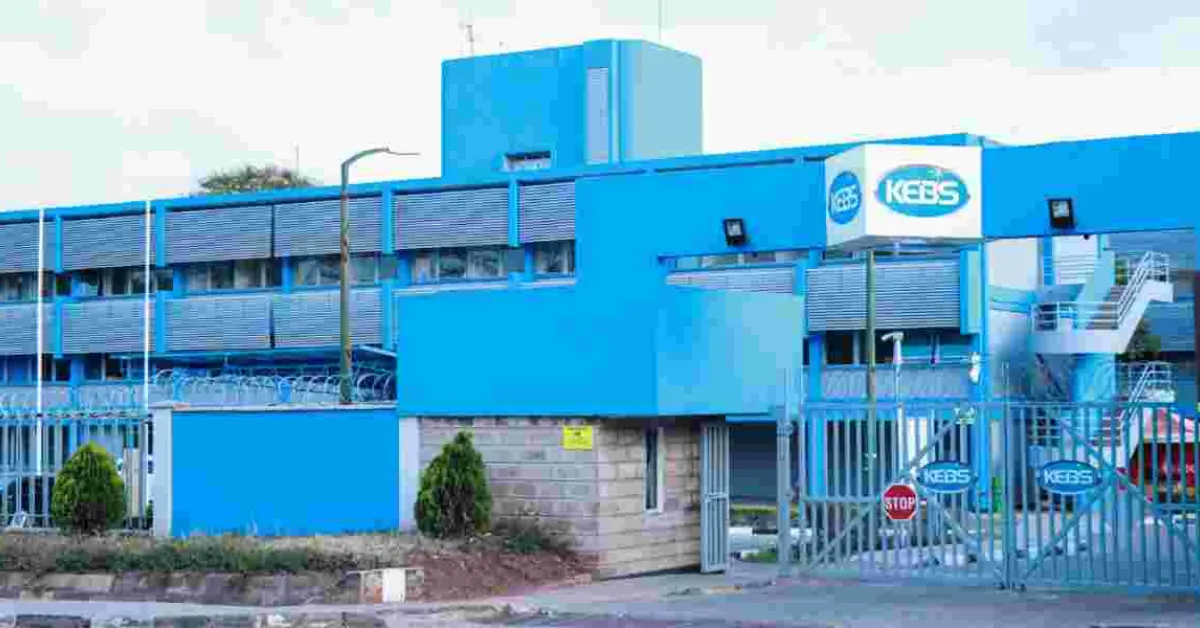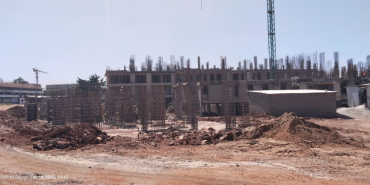The Untold Story of Kenya's Counterfeit Cement Undermining Construction

A recent report reveals that more than half of the cement samples collected by the Kenya Bureau of Standards (Kebs) in a market survey failed to meet the required standards.
According to the findings, a mere 38.1% of cement samples collected during a surveillance operation in February 2022 met the established safety and performance standards. This is an alarming statistic as substandard building materials have been a contributing factor to numerous building collapses in the country. Aligned with President William Ruto's initiative to promote universal home ownership, the prevalence of substandard cement is a concerning issue that requires immediate attention. Kebs later reported an improvement in cement quality, with 63.4% compliance recorded in December, which the agency attributed to successful market surveillance and corrective actions implemented by manufacturers.
However, the periodic fluctuations in compliance rates suggest an ongoing struggle within the industry to consistently adhere to safety protocols. The backdrop of these issues reveals a troubling landscape of construction practices in Kenya. Previous surveys have highlighted that a significant number of buildings in Nairobi are deemed unfit for habitation, a situation that stems from an aggressive demand for housing, pushing developers to cut corners on building standards and regulations to maximize profits. This practice has been compounded by inadequate oversight and rampant counterfeiting in the market.
Kebs has identified four main contributors to the proliferation of low-quality cement: the use of inferior raw materials, insufficient process controls, illegal activities such as adulteration, and lack of transparency in the supply chain. Furthermore, the construction sector has historically been plagued by poor workmanship and unethical practices among contractors, both of which have played significant roles in the alarming rates of building collapse. The government's ambitious plan to build 200,000 affordable housing units annually for five years is expected to increase cement consumption by an additional 1.4 million tonnes.
This surge in demand will put significant pressure on cement manufacturers to augment their production capacities while ensuring adherence to regulatory standards. Kebs employs thorough testing protocols to ensure that cement products meet industry standards, including assessments of strength, fineness, and particle size. However, industry insiders remain sceptical with one expert noting that some cement samples tested exhibited alarmingly low compressive strengths, raising concerns about the quality of widely used common-grade cement employed in residential construction.














Comments
import of clinker to be…
Permalink
import of clinker to be implemented to kill the disease
Kenyans are fast becoming…
Permalink
Kenyans are fast becoming like Nigerians. Nothing is untouched as a result of greed.
Add new comment